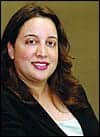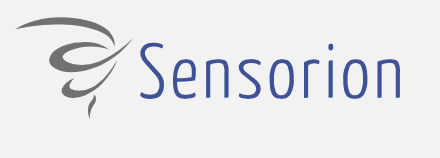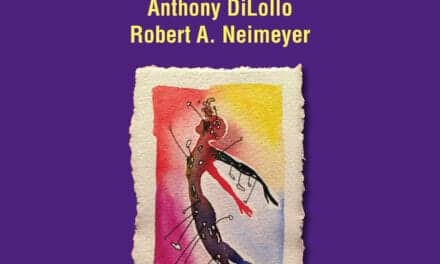
There is also agreement that infants with undetected hearing loss are at risk for having difficulty developing normal speech and language, especially the longer the loss remains undetected.
All of that underscores the importance of newborn hearing screenings. In its Year 2000 Position Statement, the Joint Committee on Infant Hearing (JCIH) endorsed the “universal detection of infants with hearing loss,” establishing a goal that all infants with hearing loss be identified before 3 months of age and receive intervention by 6 months of age.
Hearing health care professionals recommend that all newborns have their hearing tested before leaving the hospital after their birth. Even if no hearing loss is detected, the infant’s hearing should be tested on a yearly basis, if there is any family history of hearing loss.
But the evaluation of a newborn infant’s hearing and any subsequent intervention needed in the event that a hearing loss is detected require advanced equipment and the skills of specially trained professionals.
While hearing screenings have evolved beyond basic observations to sophisticated technologies that measure a newborn’s auditory brainstem response and otoacoustic emissions, there is a dearth of audiologists who specialize in working with newborns and infants. “While there may not be a shortage of audiologists who sell hearing aids to adults, there is most assuredly a shortage of pediatric audiologists who have the knowledge and skills and equipment/facilities to perform infant diagnosis and treatment, including hearing aid fitting and infant rehabilitation management,” says Alison Grimes, AuD, president-elect of the American Academy of Audiology, Reston, Va.
While there is currently no pediatric specialty recognition, the audiology profession needs to shore up its numbers in this specialty in order to best identify and address the special needs of newborns and infants with hearing loss, as well as the needs of their families who will certainly rely on that knowledge and expertise.
Within this special niche, audiologists can take a lead role in the infant’s care—from developing, revising, or implementing the hearing screenings to confirming the existence of or assessing the extent of hearing loss to recommending appropriate amplification devices and early intervention programs.
With a child’s first year of life critical to the development of normal speech and language, the youngest patients with hearing loss are depending on those in the audiology field for early detection and intervention.





